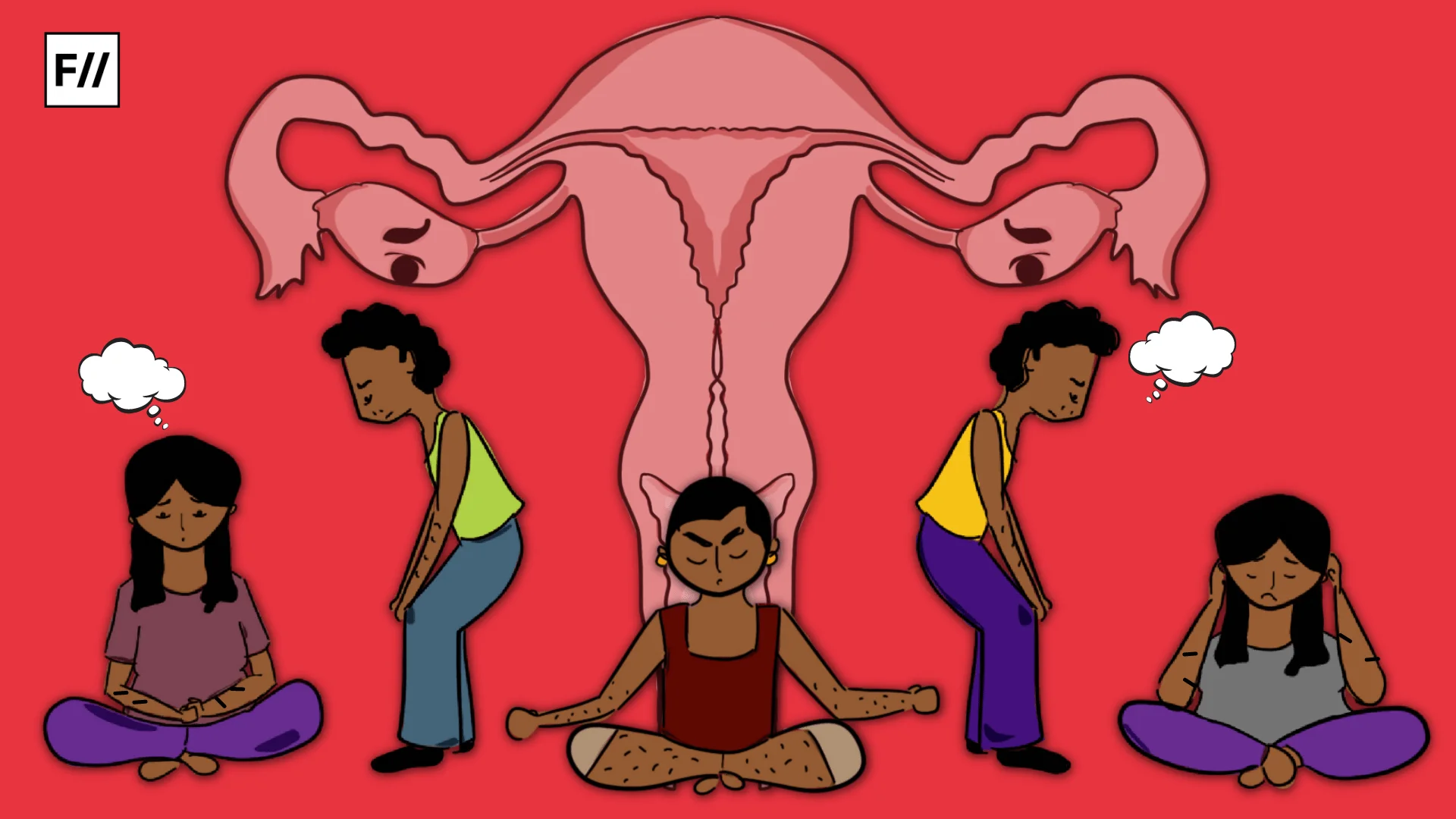On 19th October, Ericka Hart, a Social Justice Distributor and Sex Educator tweeted the phrase, “Any Gender Can Get Their Period” for National Period Day. While the post received a positive response from many, there were a large number of people who were vocally opposed to this opinion. Said opposition also took the form of an online death threat.
The volatile response to this post points towards two major problems – lack of sufficient knowledge about the difference between Gender and Sex, and the Trans-exclusive tendencies of feminism.
The first problem was exposed when a large number of people insisted that it was simply impossible for someone who wasn’t a ‘woman’ to get their period. This, as stated above, stems from the lack of knowledge about gender identities and the fact that gender is a social construct.
The first problem was exposed when a large number of people insisted that it was simply impossible for someone who wasn’t a ‘woman’ to get their period. This, as stated above, stems from the lack of knowledge about gender identities and the fact that gender is a social construct.
Individuals who fall under the umbrella term of Transgender, including but not limited to Gender Fluid, Agender, Bigender, etc., can get their period. One’s gender has nothing to do with their respective reproductive system. As Ericka states in a reply to the same post on Instagram, “Gender is in your brain, not between your legs or your ovaries or your endometrium lining shedding.”
It is understandable and not unlikely that trying to understand the various gender identities that exist can be intimidating but the fact is, one doesn’t need to know everything about every identity. Furthermore, the fact that numerous identities exist should not be off-putting. It is not ridiculous that people have various gender identities, what is ridiculous is the fact that we have tried to fit a planet full of people into hard binaries.
Here the question arises: if periods are related to sex and not gender, then why is it necessary to bring gender into the conversation at all?
Ericka Hart’s tweet served as a reminder to all of us that the experiences of transgender individuals are dismissed because of their gender identity and a prime example is that of menstruation. Trans folx deserve menstrual and reproductive rights just as much as cisgendered women do.
The second problem is that of conscious trans exclusion. A common term that one will find online and in activist circles is TERF – which stands for Trans Exclusive Radical Feminism.
Ericka Hart’s tweet served as a reminder to all of us that the experiences of transgender individuals are dismissed because of their gender identity and a prime example is that of menstruation.
On the post, many people expressed the fact that the statement ‘Any Gender Can Get Their Period’ was hijacking the movement surrounding menstruation and taking it away from women. This opinion is a result of the transphobic belief harboured by many feminists that “Trans women are not real women”.
Such an idea showcases the fact that many women fear that recognising the nuances of gender, sexuality, race, caste, class and religion will in some sense “distract the feminist movement”. The fact remains however, that if your feminism is not intersectional and inclusive of all identities it is simply hollow. The racism of the Suffragette movement continues to haunt us even today. It is essential that feminists of today do not make the same mistakes again.
It is also important for this inclusion of trans folx to be more than just superficial. For instance, Always, the sanitary napkin brand has chosen to remove the Venus sign. While this is a commendable step, it also needs to be recognised that this is merely symbolic and driven by a desire to make greater profit.
Another example is that of Apple introducing ‘non-binary emojis’. Once again the issue of gender identity arises. A non-binary person can be feminine presenting, masculine presenting, both or neither. Non-binary does not have a look. While the fact that there are more emoji options present is definitely welcome, these ‘non-binary emojis’ are simply forwarding existing stereotypes.
The transgender community needs more than just symbolic gestures – the need of the hour is anti-discrimination laws, measures to reduce violence, affordable and sustainable menstrual products, healthcare, employment and much more.
Featured Image Source: Boston Magazine
About the author(s)
Yameena is passionate about feminism and activism





Menstruation is a reproductive function of the female sex. ‘Woman’ is a biological sex class, not a gender identity. What is ‘gender’, if not a bunch of harmful stereotypes that feminists have always fought against?!